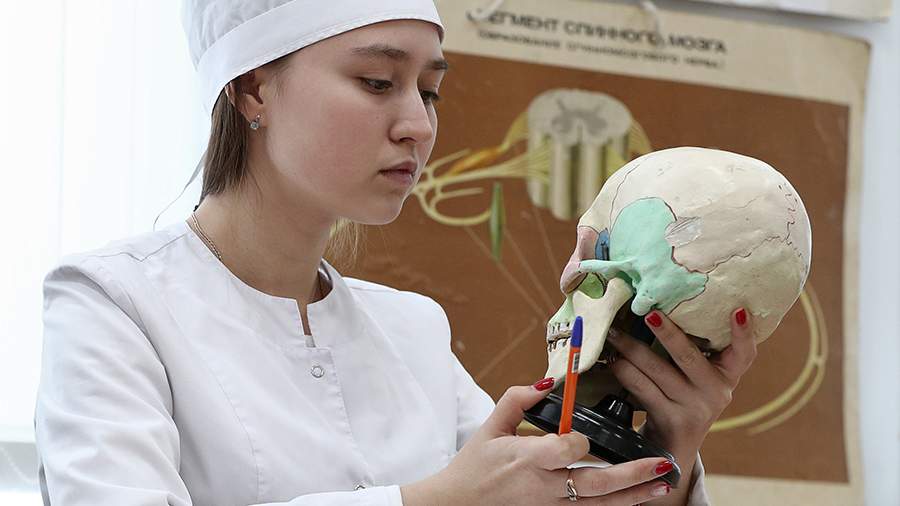A doctor has warned of the risks of developing a snapping jaw

Clicks during chewing or when opening the mouth, as well as temporary pain in the joint area - this is a clear signal that the temporomandibular joint is malfunctioning. Anton Khmarenko, head doctor of the AXDent dental clinic, told Izvestia on December 26 about the risks of jaw clicking.
"The temporomandibular joint has a complex structure and is "responsible" for the movement of the lower jaw, facial expressions, and the work of masticatory muscles. In a normal state, the temporomandibular joint is able to withstand a very serious load - without clicking, working silently and painlessly," explained Khmarenko.
According to him, the symptoms are combined with pain in the ears and many mistakenly go to an otolaryngologist, but in fact its cause is a dysfunction of the temporomandibular joint.
"There is no need to worry if your jaw clicks, for example, when walking or on an uneven surface. Especially since the clicks can be compensated by themselves and do not lead to complications. Crunch and clicks in the joint of the lower jaw, pain when opening the mouth, creaking when chewing on one side are considered pathology," said the doctor.
According to the specialist, the causes of clicking can be very different, such as bite anomalies, unphysiologic clamping of teeth, hypertonus or spasms of masticatory muscles due to chronic stress, displacement of the articular disk, weakening of ligaments. Clicks can also appear after dental treatment due to errors in the placement of dentures, crowns without taking into account the bite, the use of flat fillings.
In addition, with pathological changes can be applied splint therapy to correct the temporomandibular joint with the use of a special dental splint, normalization of occlusal closure of teeth and the position of the temporomandibular joint.
"Looking for the cause of clicking jaws is necessary to prevent more serious complications in the form of pain, arthritis, arthrosis of the temporomandibular joint, reduced amplitude of mouth opening and, as a consequence, a decrease in the quality of functioning of the dento-mandibular system," - summarized Khmarenko.
Earlier, on December 14, Victoria Radko, orthodontist, head of orthodontic direction of the scientific and clinical center EUROKAPPA clinic, told Izvestia on December 14 about the risks of bruxism (teeth grinding). According to her, bruxism can lead to abnormal wear of the tooth surface, increased tooth sensitivity and possible formation of microcracks in the enamel.
Переведено сервисом «Яндекс Переводчик»
